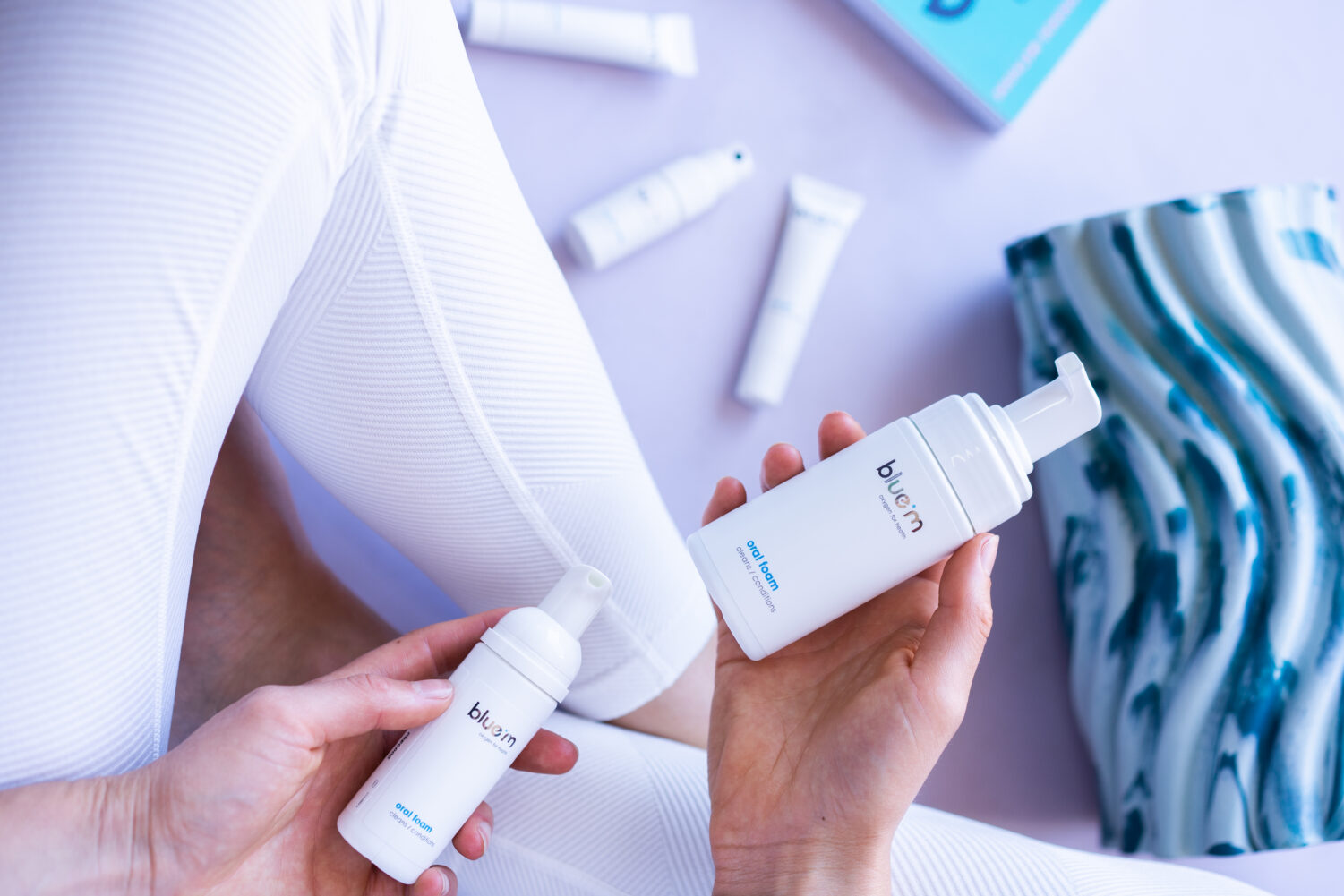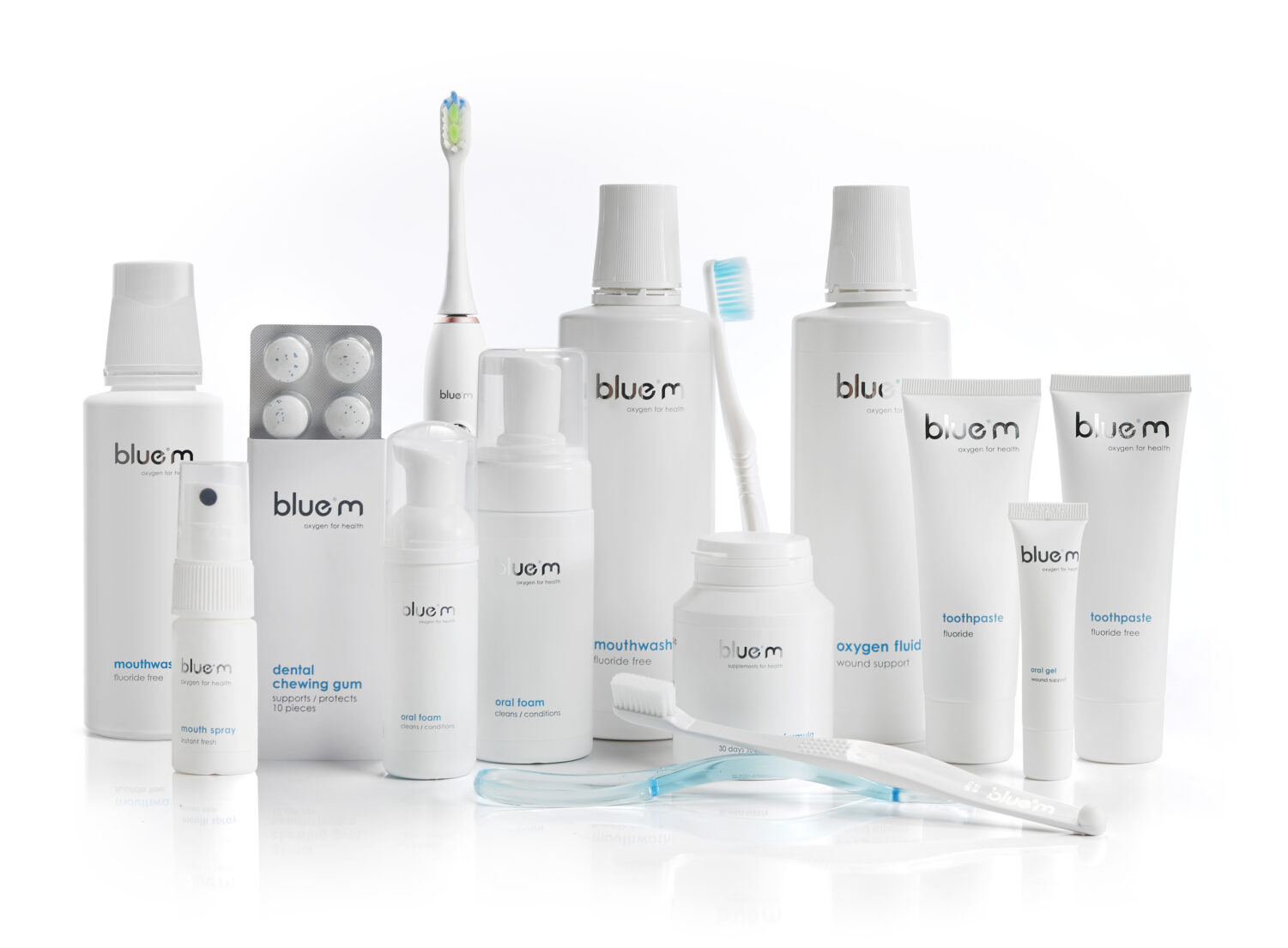

When we think about sports, we often focus on the physical benefits like improved cardiovascular health, enhanced muscle strength, and increased flexibility. However, one aspect that is frequently overlooked is how engaging in sports can impact your oral health.
From the protective role of mouthguards to the risks posed by sports drinks and dehydration, athletes face unique dental challenges that can affect their performance and overall well-being.
In this post, we’ll explore how participating in sports can influence your oral health and offer practical tips to help you maintain a winning smile both on and off the field.
Whether you’re a professional athlete or a weekend warrior, understanding the link between your athletic activities and oral health is crucial for achieving optimal health and peak performance.
Sports and oral health might not seem related, but several studies show the effects of an athlete’s lifestyle on their oral health. The oral health of athletes appears to be poor in numerous sporting activities and different diseases can limit athletic skills, both during training and competitions.
As an athlete, you can frequently experience oral health issues. These include dental caries, dental erosion, periodontal disease, and pericoronitis, an infection surrounding impacted teeth.
Additionally, those involved in ‘at-risk’ sports such as football and rugby are prone to dental trauma. The same applies to fast or high-velocity pursuits such as skateboarding and skiing.
Furthermore, swimmers can experience “swimmer’s calculus,” a condition where chlorine exposure leads to tartar buildup.
Finally, gum inflammation and infections can occur, exacerbated by dehydration and mouth breathing during strenuous activities.
Failing to address oral health issues can significantly impact athletes, leading to immediate and long-term repercussions.

As an athlete, you can face a diverse range of dental issues, including:

The rigorous physical demands on your body require a proactive approach to dental care. Here are several tips that will help you keep on top of your oral health.
Regular dental check-ups are vital for early detection and prevention of oral health issues. You should schedule dental visits at least twice a year. These appointments allow for:
Consistent dental check-ups help prevent minor issues from becoming major problems that could disrupt training and competition.
Good oral hygiene practices form the foundation of healthy teeth and gums. As an athlete, you should follow these guidelines:
Adhering to these habits helps maintain a clean and healthy mouth, reducing the risk of tooth decay and gum disease.
Hydration plays a crucial role in oral health, especially for athletes. Intense physical activity often leads to dehydration, which can reduce saliva production. Saliva is essential for:
You should drink plenty of water before, during, and after exercise to maintain adequate saliva levels and support overall oral health.

Mouthguards are essential for protecting your teeth and gums from injury. Whether participating in contact sports or activities with a risk of dental trauma, you should:
Using well-fitted mouthguards minimises the risk of broken teeth, cut lips, and other oral injuries.
Nutrition impacts not only physical performance but also oral health. Manage your diet to avoid dental problems by:
Careful dietary choices help maintain strong teeth and gums, supporting your overall health and performance.
Educating athletes about the importance of oral health and its impact on overall performance is crucial for their long-term well-being.
Henk Lubberding, a passionate and enthusiastic ex-professional cyclist is a firm believer in caring for your oral health as an athlete.
“Above all, a lack of information and education is the problem. Health is mainly about nutrition and training, rarely about teeth. When it comes to oral health, people think in terms of pain or no pain. There is nothing in between, even though this is an area that is important for your general health.
“If you have a toothache or other inflammation, you are already too late. By visiting the dentist or dental hygienist regularly, you know how your teeth are doing.”
Despite the general neglect of oral health in the sports world, the two-time Dutch cycling champion turned coach pays close attention to it among the cyclists he trains.
“I ask, for example, how often someone sports and to what extent, and what is eaten. You can then respond to this by providing the right information and treatment.
“But of course, people have to take the step to the dentist or dental hygienist themselves, especially when you work or want to work on a healthier lifestyle.”

blue®m Toothpaste with Calcium Fluoride strengthens enamel and helps prevent cavities. This can help when consuming acidic sports drinks or sugary foods, which can weaken tooth enamel.
The fluoride content also helps remineralise and protect teeth from decay. This is beneficial for reducing the risk of dental caries.
blue®m Toothpaste can support athletes with their oral health in several key ways:
By integrating blue®m Toothpaste into your daily oral care routine, you can help protect your dental health, ensuring your oral hygiene supports your overall performance and well-being.


All orders are handled and dispatched by Swallow Dental Supplies Ltd.
